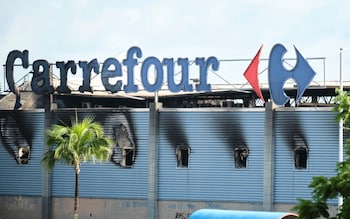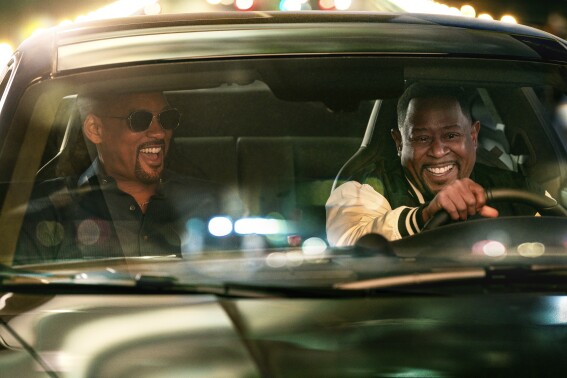The Liberal Democrats will pledge to help bring back axed rural bus routes as they launch their general election manifesto on Monday.
Sir Ed Davey accused the Conservatives of taking farming and countryside communities “for granted” ahead of unveiling a raft of new promises aimed at winning over voters in traditional Tory heartlands.
The party is promising to give councils new powers to restore bus routes and add new ones “where there is local need” with a particular focus on rural areas.
Analysis of Traffic Commissioners’ data shows the number of registered bus routes in Britain has almost halved since 2010, with the West Midlands and North West hardest hit.
The Liberal Democrats are hoping to win dozens of seats from the Tories in the “Blue Wall” by focusing on rising energy bills, NHS waiting lists and the sewage crisis.
Other Liberal Democrat promises ahead of the July 4 poll include expanding rural fuel duty relief, by doubling the number of areas covered, and ensuring gigabit broadband is available to all homes and businesses.
A nationwide “pumpwatch” scheme would also be created, allowing drivers to access real-time petrol and diesel price data on mobile devices and through services such as Google Maps.
Further pledges include a “strategic small surgeries fund” to sustain GP practices in rural areas and enhancing council powers over pubs and community farms so vital infrastructure can be protected.
Sir Ed said: “After years of being taken for granted by the Conservative Party, many people in rural and farming communities are switching to the Liberal Democrats.
“The cost-of-living crisis, botched trade deals, and lack of investment with rural infrastructure have hit them hard, and the Conservatives have failed to protect them.
“That’s why we’ve set out a rural rescue package and would put a minister in Whitehall to champion rural communities.
“Liberal Democrats will stand up for rural people and give them the fair deal they badly need.”
Earlier this year, a Government report found rural households suffered both the highest rate of fuel poverty (15 per cent) and the largest fuel poverty gap (almost £780).
Disclaimer: The copyright of this article belongs to the original author. Reposting this article is solely for the purpose of information dissemination and does not constitute any investment advice. If there is any infringement, please contact us immediately. We will make corrections or deletions as necessary. Thank you.



